Human Prolactin / PRL Recombinant Protein Product Attributes
Product Type: Recombinant Protein
Recombinant Prolactin / PRL based upon sequence from: Human
Host: QDX59 protein expressed in Human.
Tag: Native
Recommended Applications: Immunogen, Protein Standard, Other Cell Biology Applications.
Application Notes: Please contact us for application specific information for QDX59.
Purity: Greater than 95% as verified by SDS-PAGE.
Concentration of Human Prolactin / PRL Protein:
Endotoxin Levels: Untested
Buffer: 20mM Tris-Hcl, 0.5M NaCl, pH 8.0
Storage Conditions: Upon receipt aliquot and store at -20C or -80C. Avoid repeated freeze.
Limitations and Performance Guarantee
This is a life science research product (for Research Use Only). The product is guaranteed for a period of two years, if stored under the specified conditions.
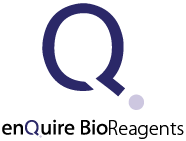
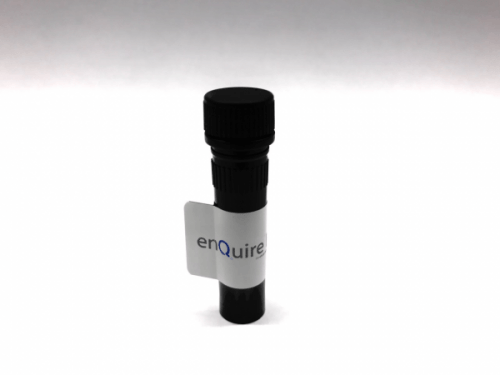



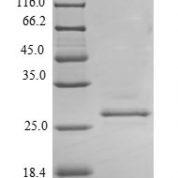


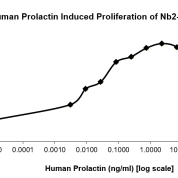
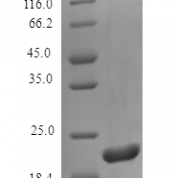
There are no reviews yet.